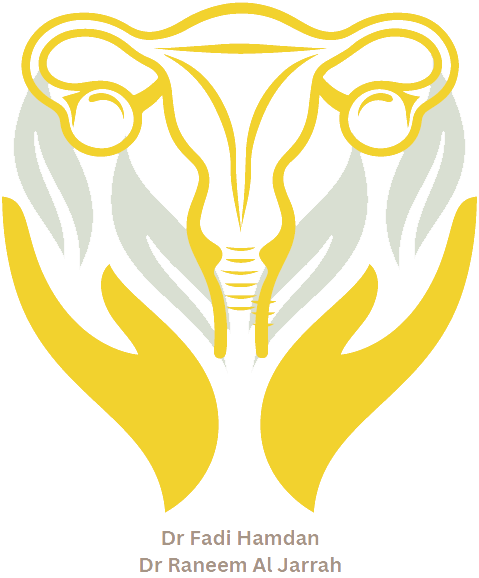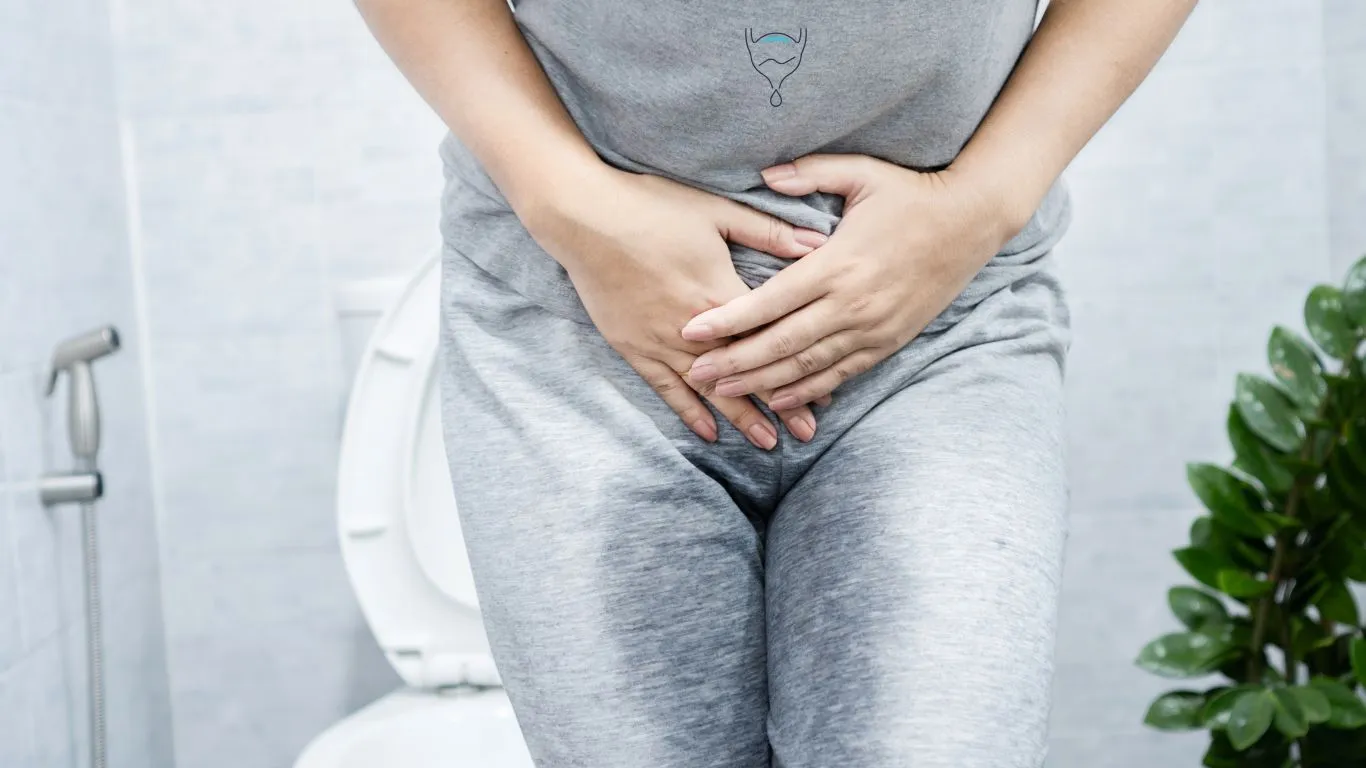
Irregular Menstrual Cycle
Many women face the problem of irregular menstrual cycle, a condition known as menstrual irregularity. This occurs when the interval between menstrual cycles is shorter or longer than normal, i.e. fewer than 21 days or longer than 35 days.
Causes of Irregular Menstrual Cycle
There are several causes of irregular menstrual cycle, including:
Polycystic Ovary Syndrome (PCOS)
PCOS is one of the most common causes of irregular menstrual cycles.
This condition can prevent ovulation, leading to irregular periods. Other symptoms of PCOS include:
- Increased facial or body hair.
- Acne and oily skin.
- Weight gain.
- Difficulty conceiving.
Uterine Fibroids or Polyps
Fibroids are non-cancerous (benign) tumors that can develop in the uterine wall. Those located within the uterine cavity can cause menstrual irregularity.
Women with fibroids may also experience:
- Pelvic, lower back, or leg pain.
- Pain during intercourse.
Thyroid Problems
Here are the key thyroid issues related to menstrual irregularity:
Hypothyroidism
Hypothyroidism means the thyroid gland doesn’t produce enough thyroid hormones, leading to longer periods and heavier bleeding. Other symptoms include fatigue, cold sensitivity, and weight gain.
Hyperthyroidism
Hyperthyroidism can cause shorter and lighter periods. Women with this condition may also experience unexplained weight loss, anxiety, and palpitations.
Weight loss
Rapid or excessive weight loss can lead to irregular or absent periods. This typically occurs when parts of the brain stop releasing hormones that affect the menstrual cycle, such as low estrogen levels.
Excessive Exercise
Excessive physical activity can interfere with the hormones responsible for regulating the menstrual cycle, resulting in changes such as irregular periods.
Side Effects of Certain Medications
Some medications can affect the menstrual cycle, including:
- Blood thinners.
- Thyroid medications.
- Antidepressants.
- Antiepileptic drugs and chemotherapy.
Read more: What Are the Symptoms of Ovarian Cancer?
Early Menopause
Symptoms of menopause may start about 7-8 years before actual menopause, and these symptoms include changes in the menstrual cycle, such as periods becoming longer or shorter. Eventually, periods become less frequent and stop altogether at menopause.
Other potential signs of early menopause include:
- Hot flashes.
- Night sweats.
- Mood swings.
- Difficulty sleeping.
- Vaginal dryness.
Breastfeeding
Prolactin (the milk hormone) plays a role in breast milk production and can suppress ovulation, especially in women who breastfeed frequently during the early months of the baby’s life. As a result, women may notice their periods stop during this time.
This is not a medical concern and usually menstruation resumes shortly after reducing or stopping breastfeeding.
When Should You Seek Medical Help?
You should see a doctor if:
- Your periods stop for several months without pregnancy.
- You experience sudden changes in menstrual regularity.
- The interval between periods is shorter than 21 days or longer than 35 days.
- You experience bleeding between periods or after intercourse.
- You have bleeding after menopause.
- Irregular periods are accompanied by other symptoms, such as unusual vaginal discharge or fever.
References:
- Irregular periods. (2024, May 1). Cleveland Clinic. https://my.clevelandclinic.org/health/diseases/14633-abnormal-menstruation-periods
- Villines, Z. (2024, January 16). What causes menstrual cycles to change? https://www.medicalnewstoday.com/articles/322643#birth-control


